Sierra Leone
Authorities in Sierra Leone announced on Monday that they have banned political street parades, a tradition during election campaigns in the West African country, less than three months before the presidential elections.
Election periods are not a time for dancing and joy', but rather 'a time for deep reflection', the Political Parties Regulatory Commission, a state body, said in a statement announcing the ban.
During campaigns, the country's two main parties - the ruling Sierra Leone People's Party (SLPP) and the All People's Congress (APC) - typically hold parades through towns.
The new rules now require parties to designate a fixed location (stadium, community center, etc.) to hold their campaign rallies.
“Playing on the credulity of our people, politicians have for years used these street circuses to cloud the thinking of the electorate, especially young people, by using drugs and other intoxicants,” says the commission.
According to Lucien Momoh, spokesperson for the commission, the ban could "reduce violence to a minimum".
"Year after year in Sierra Leone, campaign street parades have become an increasingly serious threat to the safety of ordinary people," he told AFP. "These rallies were marred by violence and insults and threats towards political opponents".
Presidential, parliamentary and municipal elections in this country of some 8 million people will take place on June 24. President Julius Maada Bio will run for a second term there.
His main opponent, APC leader Samura Kamara, is currently on trial for corruption. If convicted, he cannot stand for election or hold office in the state.



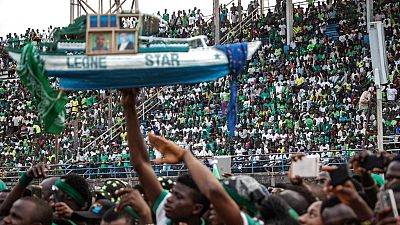

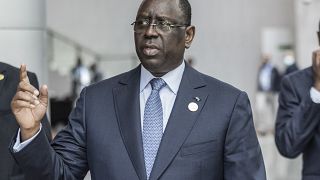
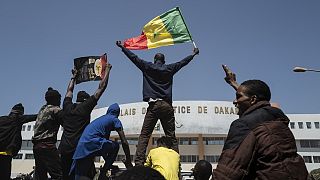
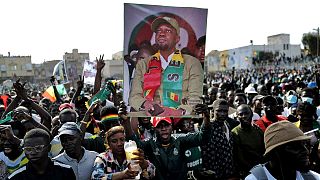
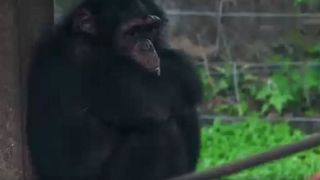
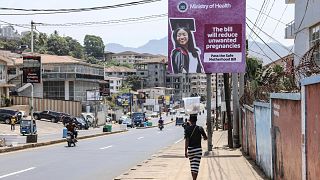
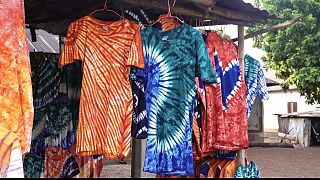



01:47
Sierra Leone’s Bio takes over as ECOWAS chair
01:09
Cameroon’s civil society calls on voters to sanction Biya in upcoming elections
Go to video
Togo suspends French state-owned broadcasters RFI and France 24
Go to video
Protesters gather in Ivory Coast, demand Thiam's return on electoral list
Go to video
Nigeria: Tinubu denies one-party plan after he's accused of clamping down on opposition
02:24
Celebration and protests: Nigeria marks 26 years of uninterrupted democracy